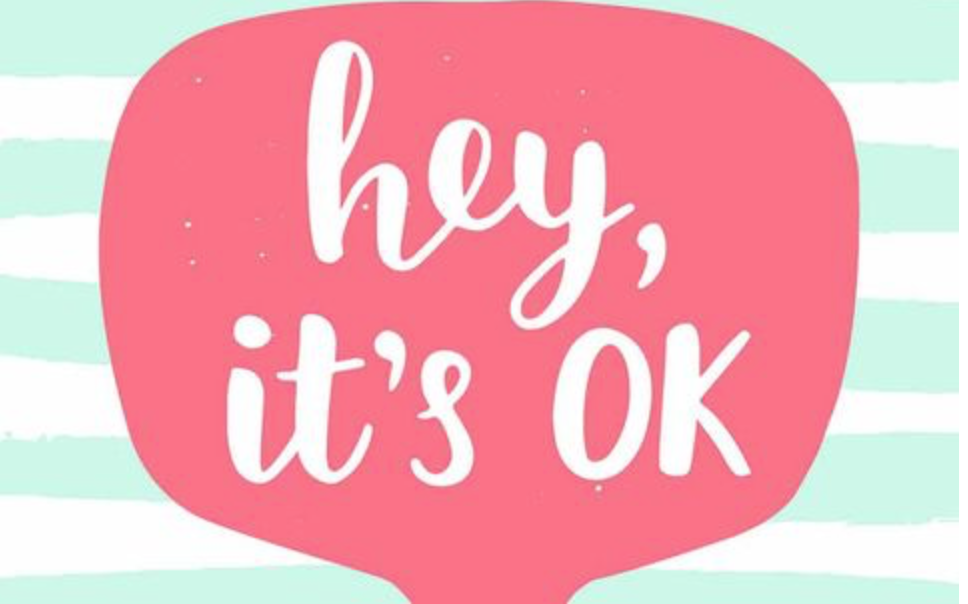By: Erin Kukura, MS, RD
UCSD Recreation Dietitian
How often do you look at a food and label it as either “good” or “bad?” Now, what happens when you eat a “bad” food? You might find yourself eating it quickly, without really tasting much of it and experiencing thoughts afterwards such as, “oh great, now I’m bad, I might as well eat another one!” Guilt and shame tend to follow these situations and leave us feeling worse about ourselves.
The problem with labeling foods is that this attaches a morality to it. You, as a human being are not morally superior or inferior based on what you eat.
However, we can also acknowledge that foods have differing nutrient composition, comparing a sugar cookie to an apple will yield different nutrients. However, one is not necessarily “better” or “worse” than the other, and both have a place to be a part of what makes our meal satisfying or enjoyable.
What can you do to stop the food guilt and learn to make peace with food?
- Start to bring awareness to the thoughts and language you use to describe food. Do you have labels or categorize different foods?
- If so, think about how you feel when you eat a “bad” food and what other behaviors and feelings tend to follow (ie guilt and shame)
- Now, that you are aware, start to retrain your brain. Food neutrality is removing the labels and categories around food so it is all on a level playing field. Change the thoughts to “this is exactly what I’m craving right now” or “I’m going to enjoy this.”
- Let yourself really taste and savor foods, especially those previously deemed as “bad.” This allows us to make peace with food where it no longer holds an emotional charge over us and lead us to feel uncontrollable around certain foods.
- Stay curious, why are you choosing to eat things? How do they make you feel afterwards? The more we can bring awareness and notice, the better we will become at incorporating foods that energize us and help us feel good!
If you have additional nutrition questions you can schedule an appointment with Erin Kukura, our Registered Dietitian or contact at ekukura@ucsd.edu


